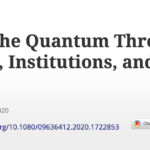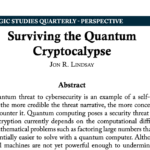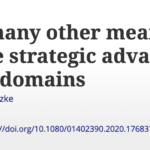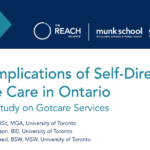Demystifying the Quantum Threat: Infrastructure, Institutions, and Intelligence Advantage
June 25, 2020
In theory, a fully functional quantum computer could break the cryptographic protocols that underwrite cybersecurity everywhere, which would be disastrous for national security, global trade, and civil society. Quantum cryptography, conversely, promises an unprecedented level of security, yet this benefit...
Read full entry








